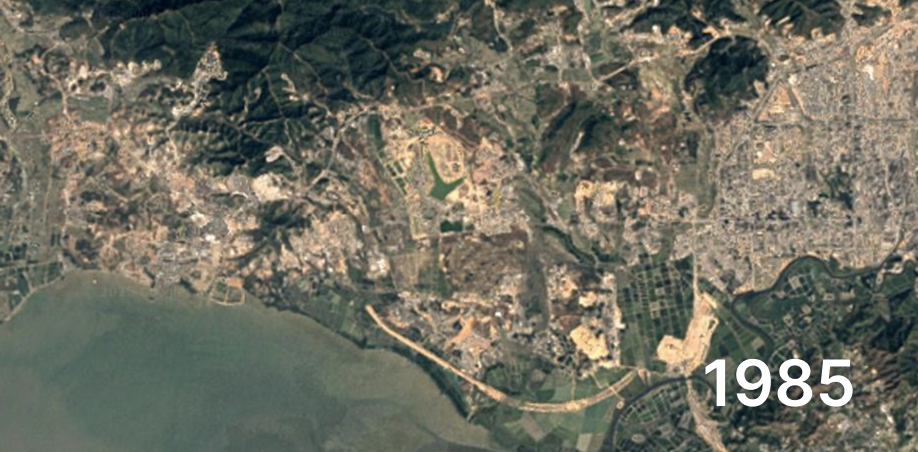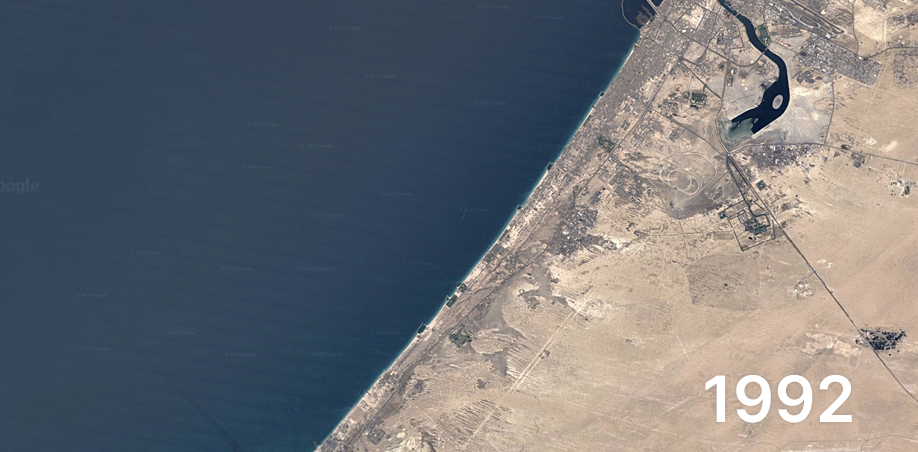Our Idea Is Simple
FEWER SPECIAL INTERESTS IMPEDING CHANGE
Around the world, people are dissatisfied with their governments. Most governments are difficult (and slow) to change, in part due to their size. Our idea is simple: don’t argue about it, build the alternative. While the term “startup society is new, the concept is not. American colonies began as startup societies to escape religious persecution in Europe
EASY TO LEAVE
The larger the geographical area of a state, the harder and more expensive it is to leave. Because startup societies are small, they’re easy to leave. As a result, startup societies will provide better benefits than nearby territories; if they don’t serve their citizens, startup societies will lose them.
(See our Principle of Exit for additional information.)
MORE DATA
Proper science requires a large sample size, meaning many examples to draw from. With large, stagnant, centralized states, there is less precedent to make policy predictions. Since startup societies are small and decentralized, they create more (and diverse) policy examples, so policy makers can implement new policies based on richer data sets. Startup societies put the science in social science.
EFFICIENT USE OF TECHNOLOGY
Startup societies are not restricted to old infrastructure and can benefit from technological advancements with greater ease and efficiency than older, larger states. Since startup societies are small and easier to leave, they must take every precaution to remain competitive and retain citizens – thus, they often turn to tech. Examples: Shenzhen, the “Silicon Valley of Hardware,” and Singapore, often called a future city..
Shenzen, China


Dubai, United Arab Emirates


annually by SEZs
world
Check out this timeline of how
the Startup Societies Foundation
has created a movement!
The centralizing organization for the movement of decentralized governance

2009
Journal of Special Jurisdictions
The Journal of Special Jurisdictions is an international peer-reviewed journal dedicated to advancing knowledge on Special Economic Zones (SEZs) and other special jurisdictions. It was established to provide a platform for original research on the theory, history, regulations, and development of these unique governance structures.

2019
First special economic zone created in the United States thanks to our Guidebook: Founding Startup Societies: a Step by Step Guide
Used by innovators and policymakers alike, this guide provided the blueprint that led to the creation of the first U.S.-based special economic zone—turning ideas into action through a practical, 20-step roadmap for building Startup Societies from the ground up.

2022
Catawba Digital Economic Zone
Our work led to the creation of the Catawba Digital Economic Zone. The Catawba Digital Economic Zone (CDEZ) is the first Tribal Digital Economic Zone in the U.S., located on the Catawba Indian Nation's lands in South Carolina. It supports fintech and blockchain industries with a tailored regulatory framework, offering streamlined incorporation processes and access to U.S. banking systems. The CDEZ aims to drive economic growth and innovation while benefiting the Catawba Nation.

2022
First Conference at a layer 1 Zone (Próspera) co-organized with a Level 2 Zone (Vitalia–now Infinita Cities) (links too)
The Startup Societies Network (SSN) is a nonprofit think tank focused on decentralized governance, blockchain, and special jurisdictions. It connects innovators and provides tools to shape the future of startup societies globally.
A better governed world starts with your donation
The Startup Societies Foundation (SSF) promotes new city creation and decentralized governance through research, collaboration, and events, integrating blockchain, special jurisdictions, and new communities.
Next events
Startup Societies Support Café #1 (Zoom)
Startup Societies Support Café #2 (Zoom)
Startup Societies Support Café #3 (Zoom)
Contact Us
United States
Mon – Fri: 9:00 am – 6:30 pm





